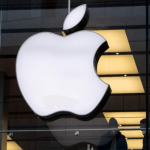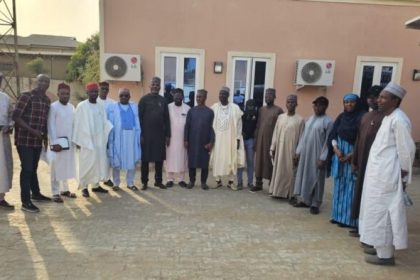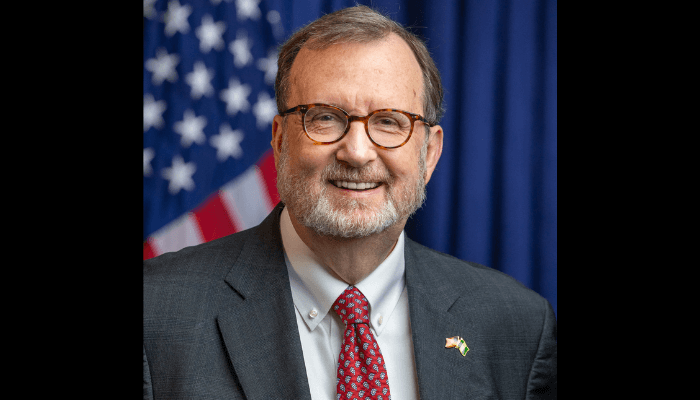The Abuja Chamber of Commerce and Industry (ACCI), has said that establishing a clear, nationally recognized definition of women-owned businesses (WoBs) in Nigeria, is the first step toward tapping into the estimated $1 trillion that women-led enterprises could contribute to Africa’s GDP by 2030, with Nigeria positioned to gain the most.
Agbaidu Jideani, Director General, ACCI, in a statement signed by the chamber, emphasised the vital role that women entrepreneurs play in Nigeria’s economy from boardrooms to markets, farms, and digital platforms.
According to Jideani, despite their contributions, millions of women still face persistent barriers to finance, government contracts, and tailored business support. One of the core obstacles, he noted, is the absence of a nationally recognised definition for women-owned businesses.
“This policy gap has created a silent barrier that limits access to opportunities and leaves millions of women entrepreneurs on the margins of economic growth.
Across Africa, countries that have defined what constitutes a women-owned business have used it to unlock tailored financing schemes, inclusion in public procurement, and gender-responsive policy development. In contrast, Nigeria’s lack of clarity creates confusion.”
To address this, ACCI, with support from the Investment Climate Reform (ICR) Facility, convened a dialogue that brought together government ministries, civil society, financial institutions, and women’s business groups. The outcome of the collaborative effort was the adoption of a working definition on May 1, 2025 which defines A women-owned business is any sole proprietorship owned by a woman, or a company or partnership with more than 51 percent female ownership.
The ACCI DG also noted that the definition not only aligns with international best practices but is tailored to Nigeria’s local context, particularly avoiding complex certification systems that exclude rural and informal sector entrepreneurs. He said it was developed to be both verifiable and inclusive, creating a standard that can guide government policy, financial services, and data collection.
According to the Central Bank of Nigeria (2024), women entrepreneurs are 20 per cent more likely to be denied loans compared to their male counterparts. The World Bank also estimates an annual $1.5 billion financing gap for Nigerian women-owned businesses.
Jideani added that public procurement is even more dismal, with less than 5 per cent of government contracts going to women-led enterprises, according to the Open Contracting Partnership (2022).
He said that across Africa, countries that have formalised a definition for WoBs have unlocked gender-specific support systems from access to public procurement to targeted financing and gender-responsive policymaking. “Without such a framework, Nigeria risks being left behind,” he said
“A 2023 report by McKinsey & Company projects that unlocking the potential of women entrepreneurs could add over $1 trillion to Africa’s GDP by 2030, with Nigeria standing to benefit the most. But without a formal WOB definition, we are simply not positioned to tap into this economic goldmine.
“This is a pivotal moment. Adopting a national definition of women-owned businesses is not just about words on paper. It is about giving millions of women their rightful place in the economy, unlocking inclusive growth, and boosting Nigeria’s global competitiveness. Let us not miss this opportunity. Let us define what matters,”
Backed by the European Union, the Organisation of African, Caribbean and Pacific States, the German Federal Ministry for Economic Cooperation and Development (BMZ), and the British Council, the ACCI said it is now mobilizing for national-level adoption of the definition.
On June 10, 2025, ACCI and the Joint Action Committee will host a high-level Business Breakfast to rally government agencies, donors, and financial institutions to formally endorse the Wob standard.











